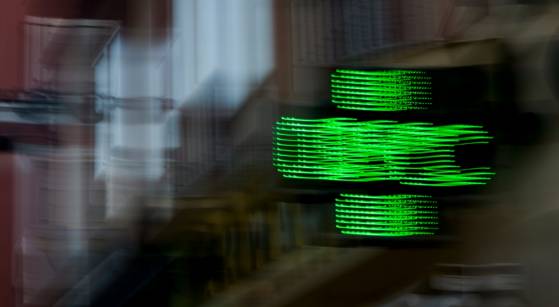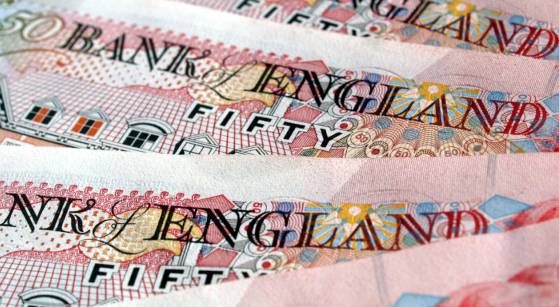BoE decides after another bad inflation report
The Bank of England (BoE) meets after another shocker inflation report, and is broadly expected to hike the rates by another 25bp points.
The BoE is the first major central bank that started hiking the rates to fight inflation. It proved to be the least efficient bank doing this job; British inflation is the worst among developed economies at nearly 9%. Consequently, the BoE will certainly be the last to finish hiking. The bank is expected to hike six more times, by 25bp, to reach a peak rate above the 6% by the end of this year, or the beginning of the next.
And I don't see how the UK will avoid recession in this morose macroeconomic setting.
The British pound didn't find an army of buyers after the UK inflation report yesterday. After an initial attack on the 1.28 resistance, Cable came back to pre-data levels and even traded at five-session lows. The EURGBP made a sharp U-turn from a nearly oversold market and jumped above 0.86. There is room for a hawkish surprise from the BoE (a 50bp hike?), and if not today, in one of the next meetings. The latter should keep Cable on path for more gains, in the actual environment of softening US dollar.
Let's see what's the new Team is worth!
The new leadership team of the Central Bank of Turkey (CBT) will give the first policy verdict of its new mandate today. The bank is expected to hike the rates from 8.5% to 20%. It looks like a big hike – and it is a big hike – but the Turkish Central Bank will have to
1. regain its credibility that has been shattered
2. repeat a similar operation in the next few meetings to bring the Turkish rates to where they should be in accordance with the economic fundamentals, and not where the government wants them to be.
3. if all goes well, get rid of the expensive and ineffective side measures – like FX interventions and FX protected savings – that served to keep the lira afloat while the monetary policy was no longer.
The USDTRY is again put to sleep near the 1.23 level after a tentative relaxation of FX interventions at the start of this month. Hiking interest rates, regaining credibility, then relaxing FX interventions sounds like a plan, but it will take ZERO verbal intervention from the government to conduct a healthy policy normalization.
Note that, in no case, do I expect the selloff in lira to stabilize or the reverse – without external intervention – below the 30/35 range – if left free.
Swiss will hike as well
The Swiss National Bank (SNB) is about to announce a 25bp hike at today's meeting taking the Swiss policy rate to 1.75%. The dollar-franc sees resistance into the 0.90 psychological level, but most of the price action is driven by USD appetite. Given the sharp fall in Swiss inflation toward the 2% target, the SNB will unlikely let the franc run too strong from here. 0.88 seems to be a floor to franc appreciation.











![Warsaw Stock Exchange: Brand24 (B24) - 1Q23 financial results Turbulent Q2'23 Results for [Company Name]: Strong Exports Offset Domestic Challenges](/uploads/articles/2022-FXMAG-COM/GPWA/gpw-s-analytical-coverage-support-programme-wse-2-6311cd4191809-2022-09-02-11-30-41-63175bda84812-2022-09-06-16-40-26.png)









![Warsaw Stock Exchange: Brand24 (B24) - 1Q23 financial results Turbulent Q2'23 Results for [Company Name]: Strong Exports Offset Domestic Challenges](https://www.fxmag.com/media/cache/article_small_filter/uploads/articles/2022-FXMAG-COM/GPWA/gpw-s-analytical-coverage-support-programme-wse-2-6311cd4191809-2022-09-02-11-30-41-63175bda84812-2022-09-06-16-40-26.png)


